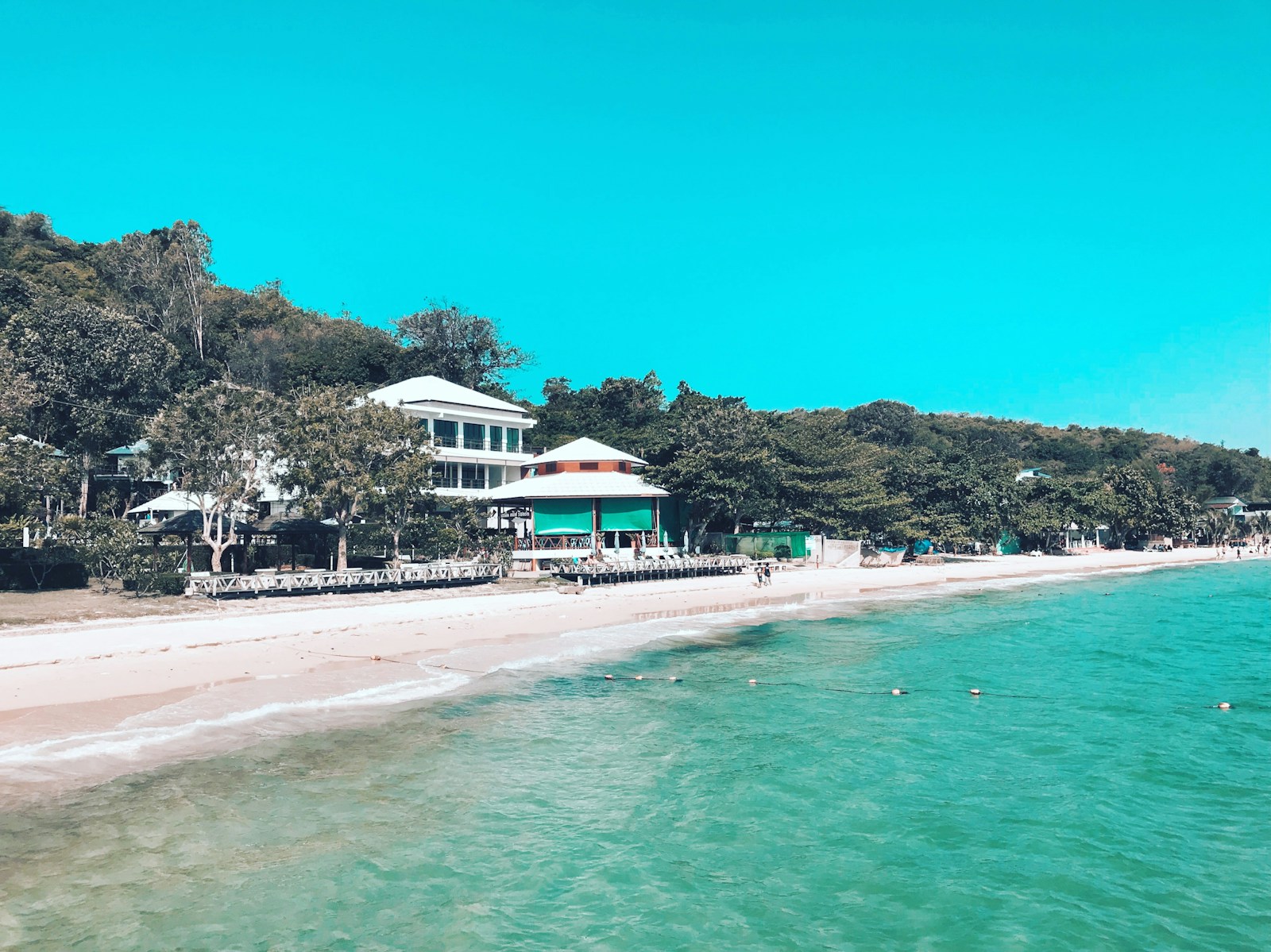Ever thought about packing your bags and heading off to Mongolia? If you’re like many travelers, safety is likely one of your top concerns. You’re probably asking yourself, “Is Mongolia safe to visit?”
Well, you’ll be pleased to know that Mongolia is generally considered a safe destination for tourists. It’s a country that’s rich in history and culture, and it’s got a lot to offer to those who dare to venture off the beaten path. However, like any other destination, it’s important to be aware of potential risks and how to mitigate them.
Is Mangolia Safe for Travelers?
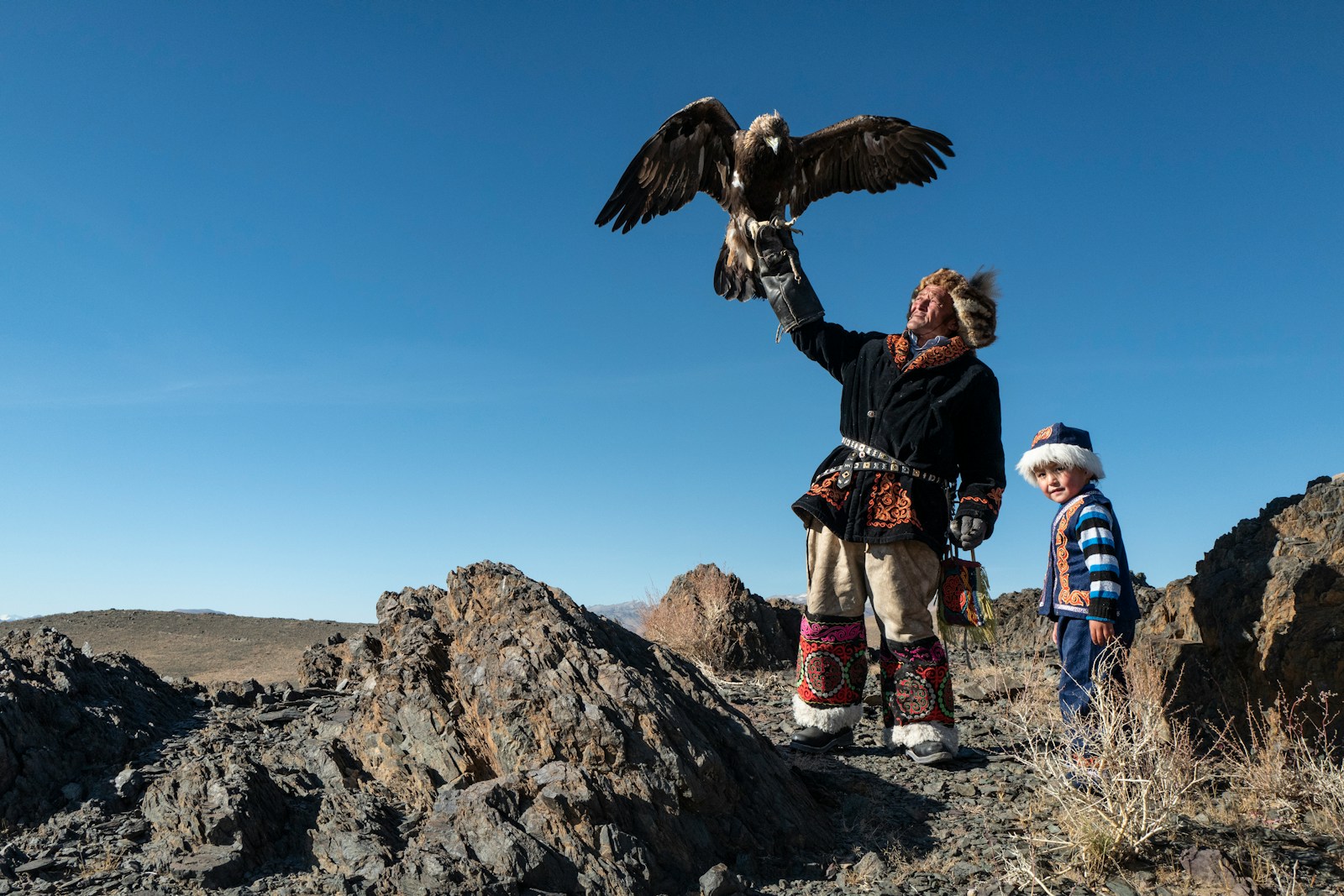
As a traveler, your safety is a vital concern when journeying to unfamiliar territory. Ensuring you have the right information is crucial for a safe and comfortable journey. In this respect, Mongolia holds a positive record, but understanding the crime rates, and local laws & regulations can offer an extra layer of security.
Crime Rates and Statistics in Mongolia
Crime in any country is a major concern for visitors. Luckily, Mongolia is a relatively safe place to travel. Violent crime is rare, but petty crime such as pickpocketing can occur, particularly in the capital, Ulaanbaatar. Always remember to stay vigilant and keep your belongings secure.
However, it’s not just about words. Let’s dive into the official crime statistics of Mongolia.
| Crime Type | Crime Rate (per 100,000 people) |
|---|---|
| Violent Crime | 18.2 |
| Theft | 350.1 |
| Drug Law Violations | 6.1 |
In comparison to many other tourist destination, these numbers reflect a safer environment. But remember, numbers can’t guarantee safety – being alert and prepared are your best defense.
Local Laws and Regulations to Consider
Abiding by local laws and customs should be part of your travel preparations. For Mongolia, here are a few key laws and regulations that you should be aware of:
- Respect Religious Customs: Mongolia has deep-rooted traditions. Be respectful at religious sites. Do not take photos without permission and dress modestly.
- Drug Laws: Illicit drugs are a big no-no. Being caught with drugs, even in small quantities, can lead to severe penalties.
- Photography Laws: It’s protocol to ask for permission before photographing a person or private property. Avoid photographing military sites as it’s illegal.
Whether you’re delving into the urban delights of Ulaanbaatar or the rural beauty of the Gobi Desert, keeping these regulations in mind can help avoid potential legal trouble.
As you plan your trip, remember that every journey is unique and the experience depends greatly on how you choose to engage and experience it. Safety in Mongolia, as in any country, comes from informed decisions and careful actions.
Is Mangolia Safe for Families?
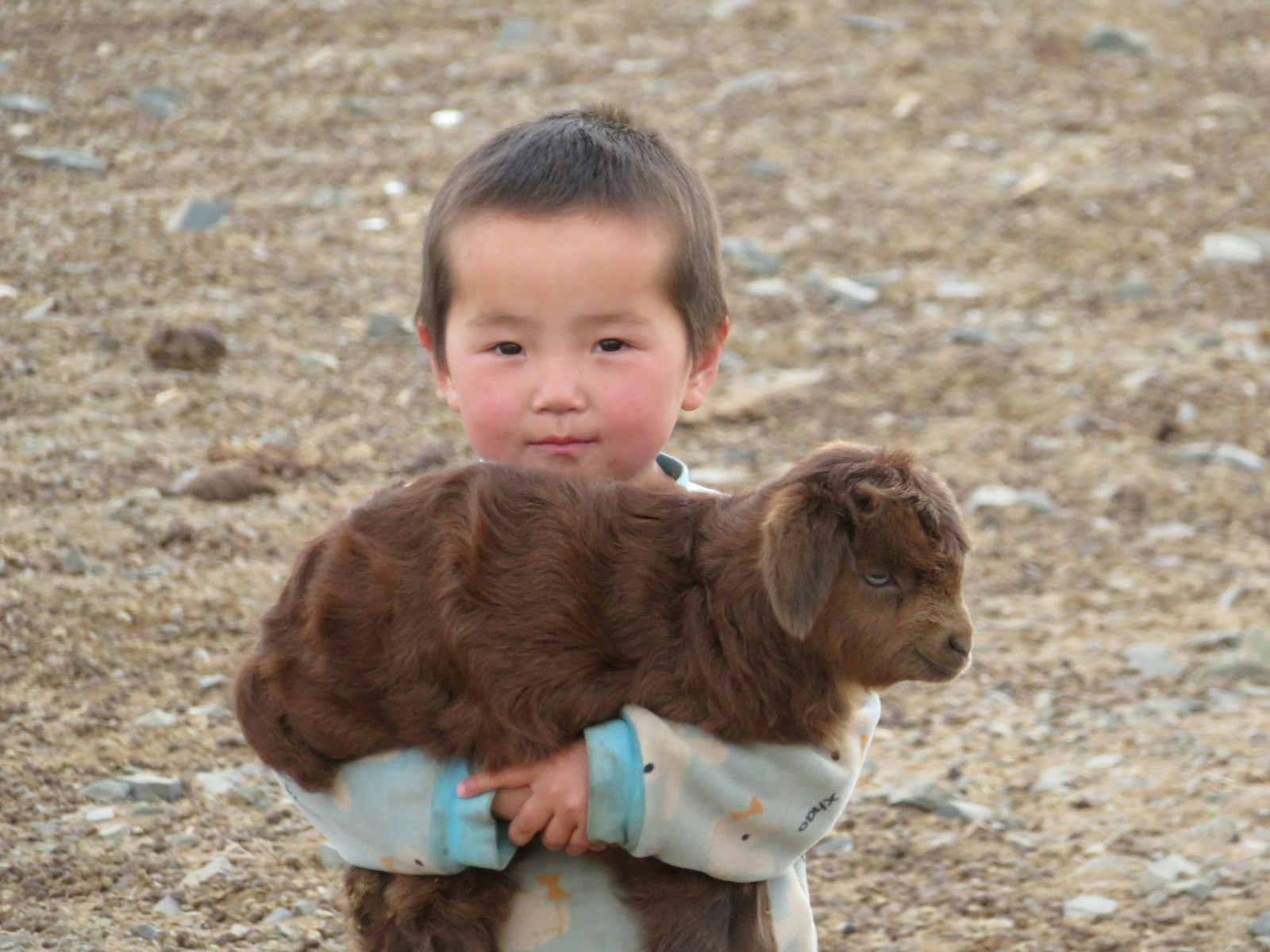
Venturing beyond the familiar can come with a set of unique challenges. Especially, when you’re traveling with your family, safety becomes paramount. So, is Mongolia safe for families?
To get straight to the point: Yes, Mongolia is generally safe for families. However, as with any destination, it does require a healthy amount of respect for local customs, laws, and being alert at all times.
Mongolia offers an array of experiences that can make your family trip a rememberable one. From the vast open steppes to the hustle and bustle of Ulaanbaatar, the country’s rich history and culture can provide your family with a unique exploration opportunity.
That being said, it’s important to exercise caution while traveling in Mongolia, particularly in urban areas. Here’s a quick list of pointers to keep in mind:
- Petty crimes, especially pickpocketing, are common in crowded places in Ulaanbaatar. Always, keep an eye on your belongings.
- Traffic can be unpredictable in Mongolia. Road safety standards may not be the same as they are in your own country. Make sure to cross roads carefully and use seatbelts when traveling by car.
- Queries about religious customs and traditions at local temples should be respectfully asked and abided by, to ensure that you don’t inadvertently offend locals.
- With children in tow, maintaining supervision at all times is essential. Mongolia’s vast open spaces may be breathtaking, but they are also quite different from the fenced-in parks you may be used to back home.
As your family embarks on this journey, preparation is key. You’ll need a well-researched travel plan that addresses your family’s needs and safety. Being informed about amenities like easy access to healthcare, comfortable accommodation, availability of baby food, are all factors you should consider.
Despite these precautions, Mongolia continues to remain a favorite destination for an adventurous family holiday. Whether you’re exploring the dunes of the Gobi Desert or walking through the streets of Ulaanbaatar, you’ll come across many a smiling face and welcoming locals ready to offer a helping hand.
Always remember, what really matters is making the most out of your journey. Careful planning, respect for local customs and laws, together with an alert and cautious approach can make your journey to Mongolia not just safe but indeed, quite spectacular.
Safety Landscape in Mangolia
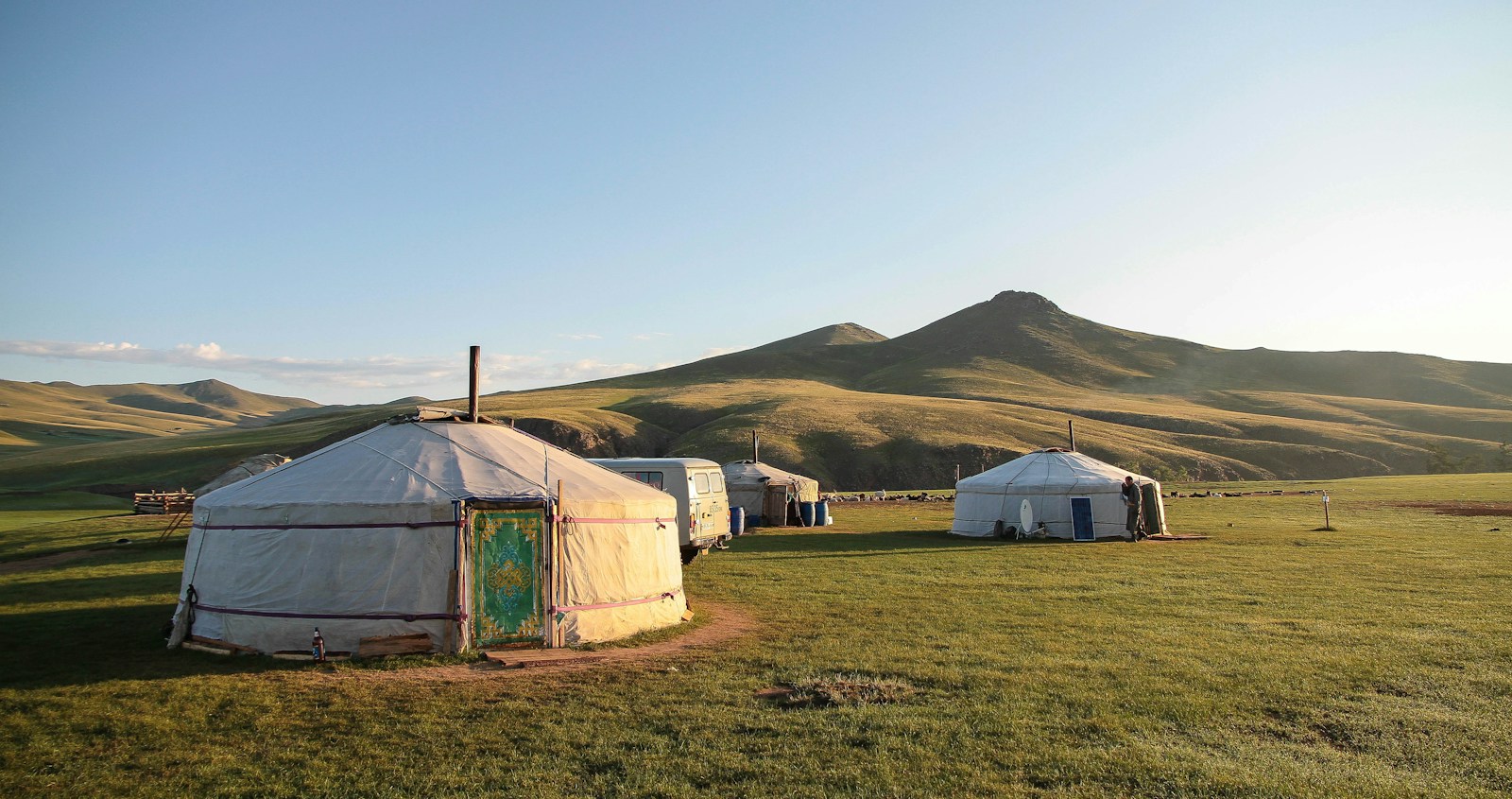
As you plan your family trip to Mongolia, it’s critical to understand the range of safety concerns in different regions. From bustling cities to remote wilderness areas, this country presents unique safety dynamics for tourists.
Dangerous Neighborhoods to Avoid in Mongolia
All urban areas have spots that are safer than others, and Ulaanbaatar–Mongolia’s capital–is no exception. The city’s crime rate is typically higher in certain regions, such as:
- Black Market area, also known as Naran Tuul
- Regions surrounding the Central Railway Station
These neighborhoods are commonly associated with theft and pickpocketing incidents. While Mongolia’s police force is generally responsive, it’s best to sidestep these areas, particularly at night.
Safest Places in Mongolia to Visit
However, don’t let these potential threats dampen your adventurous spirit. Mongolia hosts many beautiful and safe places for families to explore. The local residents in these areas are known for their hospitality and are generally welcoming to tourists.
- Ulaanbaatar’s city center: Aside from a few risk-prone areas, the city center is relatively safe and teeming with activities. Shopping malls, restaurants, and hotels have adequate security measures in place.
- National Parks: Mongolia’s national parks such as Gorkhi-Terelj, Hustai, and Khustain Nuruu are safe for tourists. As long as you’re prepared and respect the natural surroundings, these places offer memorable outdoor experiences.
- Countryside Tours: The rural areas in Mongolia are considered safer than urban regions. You can plan organized tours to remote parts, like the Gobi Desert.
Remember, regardless of where you are in Mongolia, it’s essential to always remain aware of your surroundings and make smart, safe decisions. On your voyages through the cities or the vast countryside, you’ll find that Mongolia, when approached with a cognizant mindset, is an enriching and safe destination for the entire family.
Emergency Services and Support in Mangolia
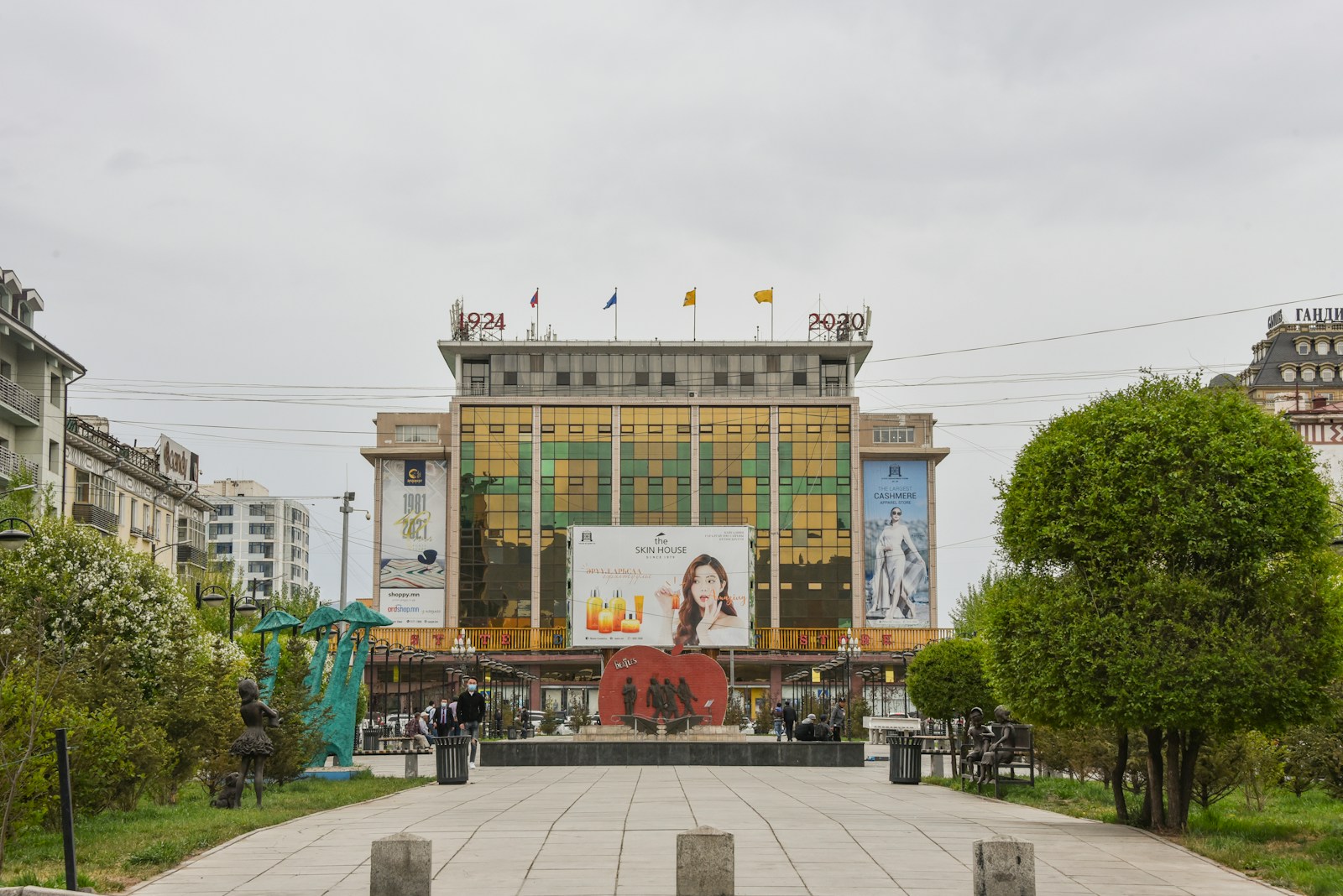
Traveling to new or unfamiliar destinations can sometimes pose unsettling thoughts of potential emergencies. In Mongolia, the emergency services, support, and communication infrastructure are worth understanding before your departure.
Healthcare Facilities in Mongolia
The hub of healthcare services is primarily in Ulaanbaatar, Mongolia’s capital. You’ll find hospitals and clinics with up-to-date medical equipment, experienced professionals, and specialists who have trained abroad. Despite this, some healthcare services may not align with Western standards. For serious or critical medical conditions, you may need medical evacuation. It’s essential to secure comprehensive travel insurance that covers medical evacuation.
Availability of Police and Medical Services
Police presence varies across different regions of Mongolia. Major cities, like Ulaanbaatar, have a more substantial police presence compared to rural or remote regions. As for medical facilities, they become increasingly sparse as you venture further into the countryside.
In case of emergency, especially in rural regions, you might have to be transported to the capital. Therefore, it’s recommended to have a plan of action, considering these factors, for your peace of mind.
List of Emergency Phone Numbers in Mongolia
It’s crucial to have a list of emergency phone numbers in hand. Here are some vitally important numbers:
| Type | Phone Number |
|---|---|
| Police | 102 |
| Fire | 103 |
| Ambulance | 104 |
Remember, in an emergency, not everyone may speak English on the other end.
How to Access Consular Assistance
Should you need consular assistance, it’s important to note that many countries have embassies and consulates in Ulaanbaatar. Reach out to your embassy or consulate as soon as possible should the need arise.
Their services usually include replacement of lost or stolen passports, advice, and support in the event of an accident, crime, or serious incident, and liaison with local authorities if necessary. It’s prudent to know your embassy or consulate’s contact details before you depart for your trip.
As you navigate your adventure in Mongolia, remember to adopt the good traveler habit: Be prepared, stay knowledgeable, and don’t forget – keep an open line of communication whenever possible.
Safety Tips for Nightlife
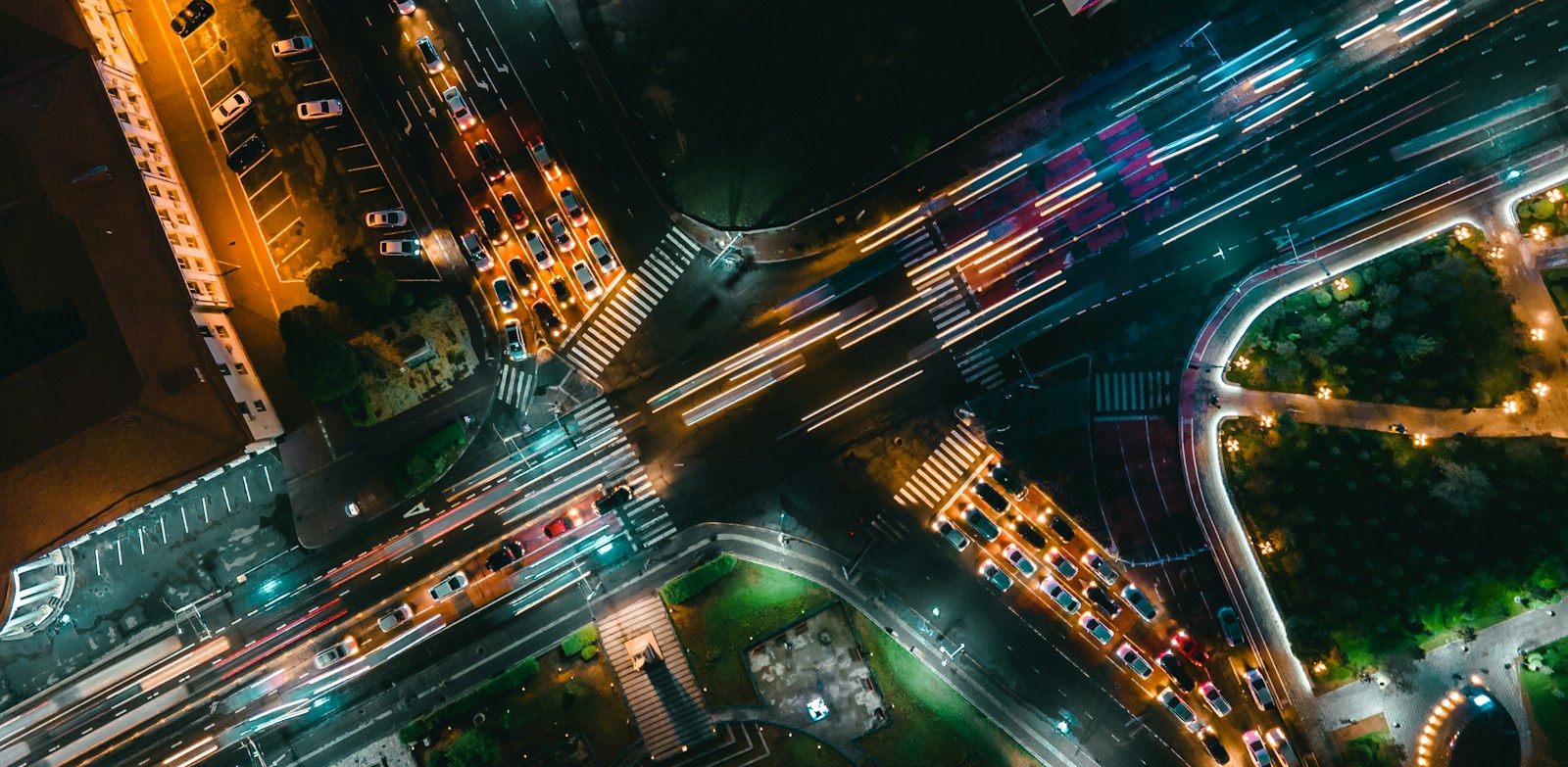
Making the most out of Mongolia’s nightlife? Good on you! Their night scene has quite a reputation with a lot to offer tourists. However, it’s a must to prioritize safety. Here are some tips and best practices to enjoy Mongolia’s nightlife to the max but with minimized risks.
Travel in groups: In the busy streets and crowded clubs of Ulaanbaatar, it’s always safer to hang out in groups. There’s a sense of security when you’ve got someone trusted by your side.
Stay Alert: Keep your wits about you. It’s easy to get caught up in the fun, but being aware of your surroundings can go a long way in ensuring your security.
Avoid isolated areas: Steer clear of lonely alleys or less-traveled roads. Stick to places frequented by people and where there is good lighting.
Be cautious with drinks: Be aware of the infamous “drink spiking”. Always keep a watchful eye on your drink and never accept drinks from strangers.
Mind your belongings: With the hustle and bustle of nightlife scenes, petty theft can be a potential risk. Never leave your belongings unattended.
Know the local laws: Mongolia’s legal system might have rules you’re unfamiliar with, such as strict penalties for violating curfew laws or zero tolerance for drunk driving. Make sure you’re aware of these laws to stay on the right side of the tracks.
Check in with loved ones regularly: Letting someone know your whereabouts and checking in regularly is a good practice. It helps to ensure people know you’re safe.
In case you encounter any trouble while out and about at night, remember the emergency numbers discussed earlier in the article. Remember, an ounce of prevention is worth a pound of cure. So, while amorously exploring Mongolia’s vivid nightlife, prioritize your safety at all times. The adventure doesn’t have to stop because of safety concerns, instead, better safety can attain a seamless and joyous experience. Stay vigilant, responsible, and wise for a memorable and fuss-free Mongolian nightlife exploration.
Safety Tips for Public Transportation
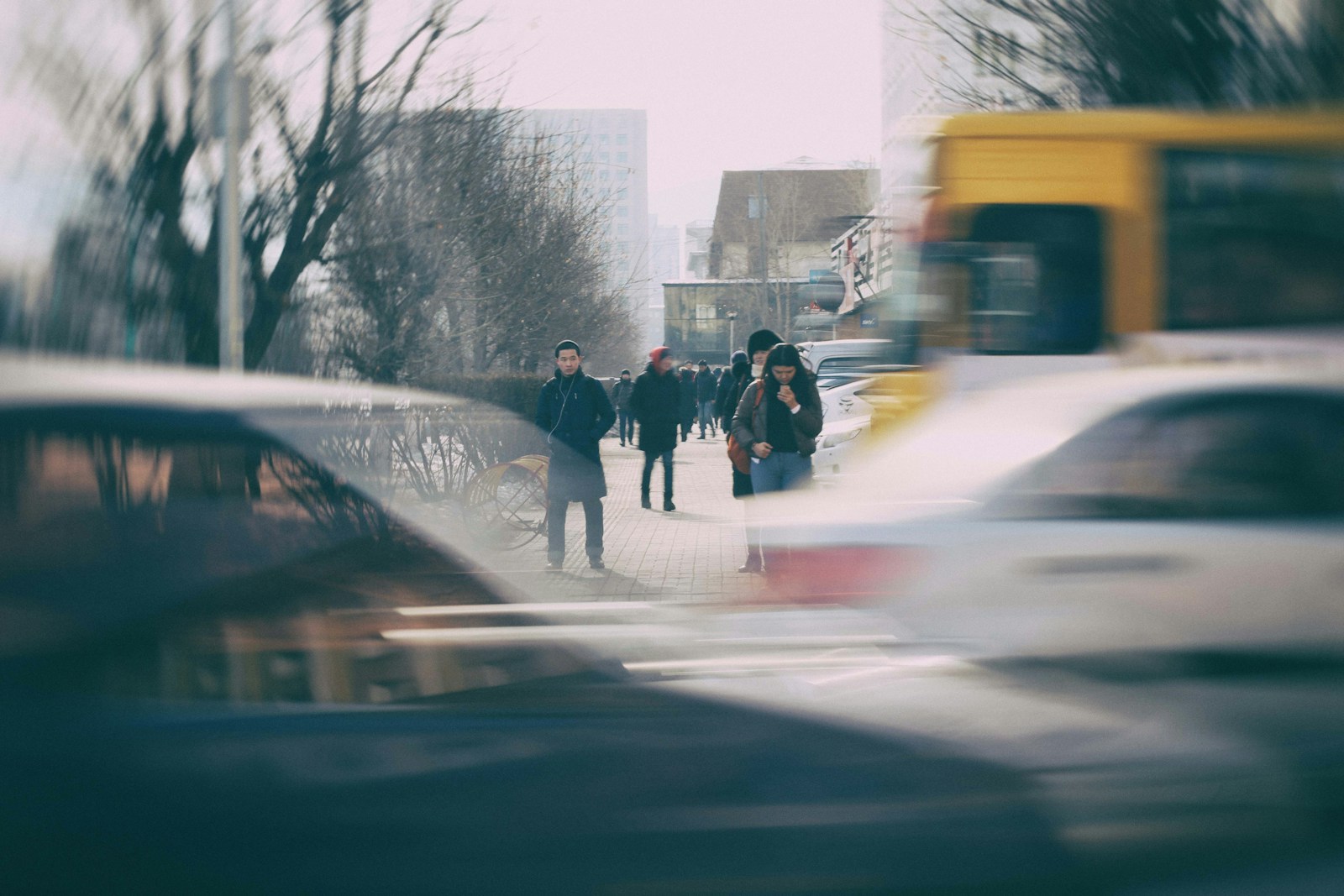
Navigating through Mongolia can be an exciting facet of your travel adventure. Public transportation in this country brings its unique set of experiences. However, ensuring your safety while using it is absolutely essential. Here, we share some effective tips to keep you secure.
Public transportation in Mongolia includes buses, taxis, and microbuses. Whether you’re hailing a cab downtown or hopping on a bus to explore the city outskirts, be mindful of your surroundings. Carry a city map or have access to a digital navigation system to keep track of your route. If you’re in a taxi, verify the licensed identification card on display before starting your journey.
While using buses and microbuses, remember that rush hour can be chaotic. It’s best if you avoid peak hours if possible. Also, keep your personal belongings close to you. These include items such as bags, wallets, and mobile phones. Implement the three-second rule — every three seconds check they are safe and secure.
When purchasing tickets for public transport, preferably use exact change or small bills. In some instances, there might be individuals trying to overcharge tourists. A polite but firm response usually discourages such attempts. But if faced with a tricky situation, don’t hesitate to involve local authorities.
It’s imperative to respect local customs and traditions while traveling. Refrain from loud conversations or heated arguments in public transport. Try your best to blend in and not draw unnecessary attention to yourself.
In Mongolia, it’s always a good practice to keep emergency numbers handy. These can be a lifesaver in an unexpected situation.
In essence, public transportation can enrich your Mongolian travel experience. By staying aware and taking these precautionary measures, you’ll not only ensure your safety but also enjoy the journey in this fascinating country. Remember that your safety starts with you. Therefore, when in public transport, always stay alert, cautious and respectful.
Please keep in mind, these are guidelines, and circumstances may vary from city to city.
Local Customs to Stay Safe
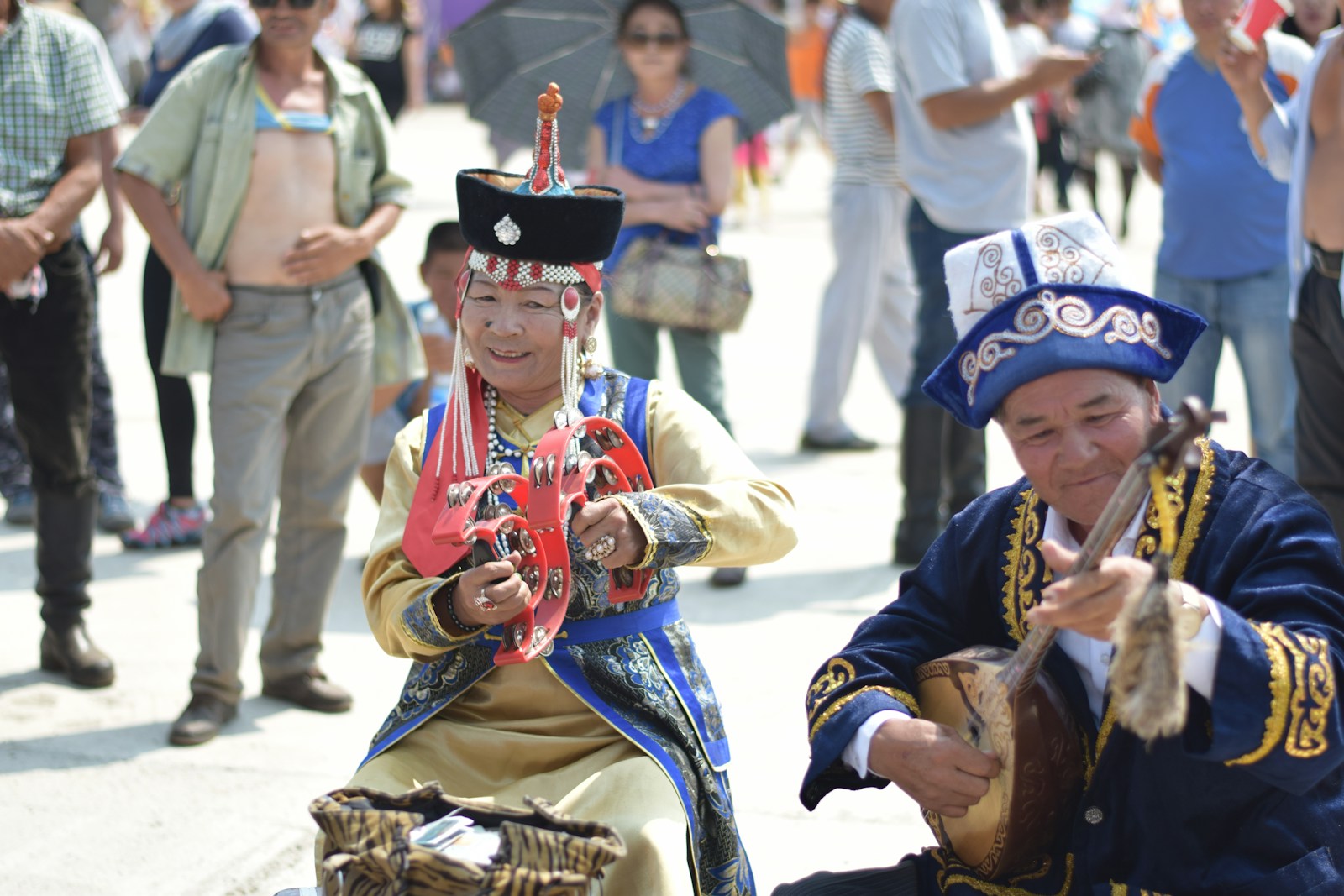
Navigating through the customs of a foreign land can seem daunting. In Mongolia, a country rich with tradition and cultural customs, knowledge can be your greatest asset. From greeting formalities to the correct handling of food, understanding local customs can play a crucial part in your safety during your stay. So, let’s walk through some vital safety aspects woven within Mongolian customs that you must follow on your journey.
When visiting Mongolia, it’s important to remember the cultural significance of respecting personal space. Mongolians value their personal boundary, notably in rural areas. So, if you’re venturing beyond the cosmopolitan cityscape of Ulaanbaatar, steer clear of entering someone’s property uninvited.
In Mongolia, to give or receive items, particularly money or food, always use your right hand, or both hands together. It’s seen as a sign of respect, and not using the right hand might offend some individuals. So, you will want to honor this tradition to ensure harmonious interactions with the locals.
The next point to remember is the Mongolian tradition of toasting. Often, during meals or celebrations, a vodka-filled bowl or “aaruul” might be passed around. Refusing to partake in this could be taken as a slight. Here, your safety strategy should be to pretend to sip or simply touch the drink to your lips if you’re uncomfortable with consuming alcohol.
Mongolia also has a strict societal rule against showing public anger or frustration. Mongolians regard displaying anger publicly as a sign of poor manners, and it might even instigate conflict. Thus, exercising patience and maintaining a calm demeanor will ensure safer interactions.
Let’s talk about public transportation etiquette. When on the bus in Mongolia, you’ll find that giving up your seat for elders or pregnant women is praiseworthy. Aside from demonstrating respect, it fosters a positive impression that can be useful in an unfamiliar environment.
Finally, consider dressing conservatively while visiting religious sites, as is the norm in many other countries. Keenly observe and imitate the locals’ actions when visiting these sites – your deference to these customs is likely to earn you goodwill, and at the same time, uphold your safety.
Common Tourist Scams and How to Avoid Them
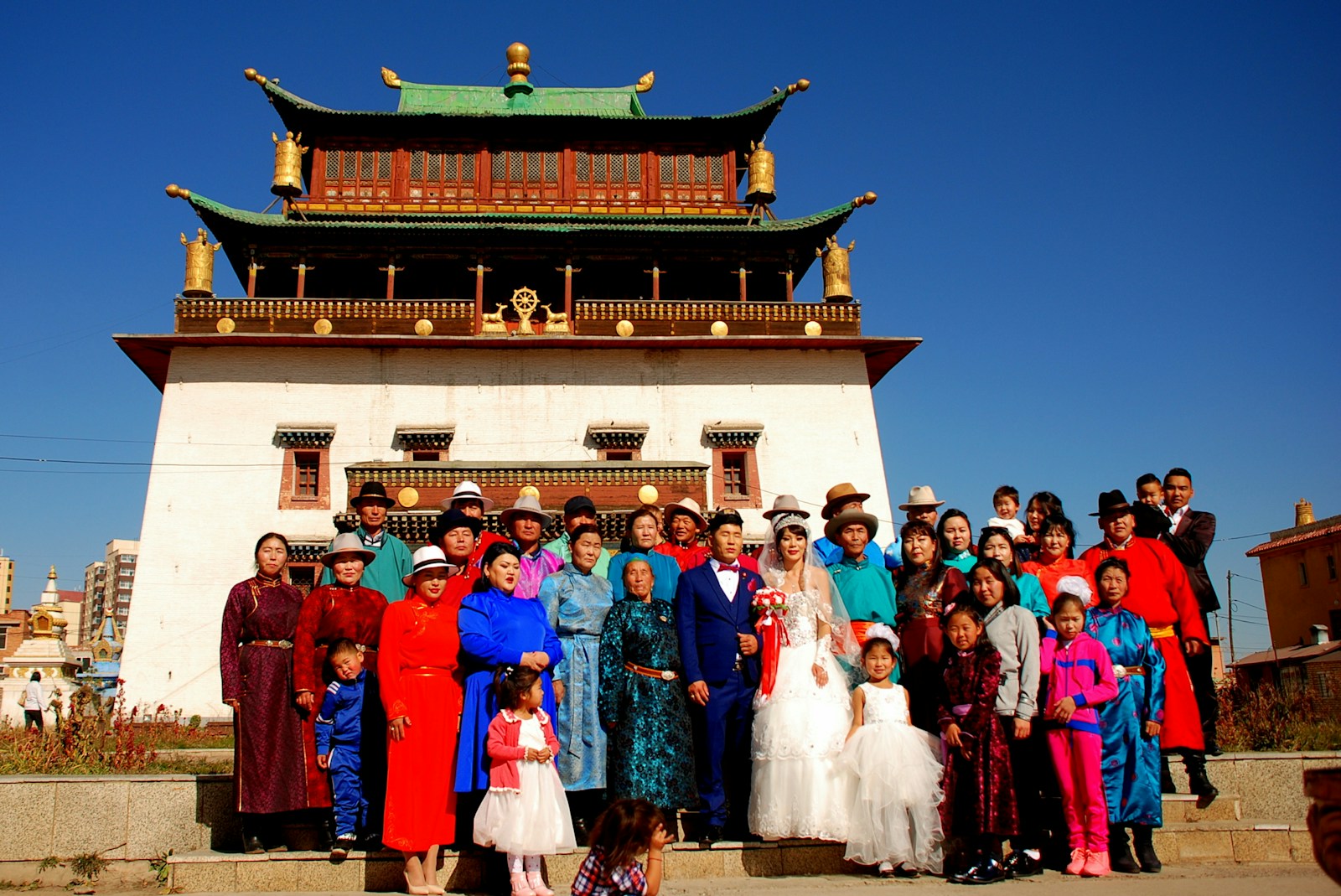
Regrettably, tourist scams are a common risk associated with travel. Mongolia, like any other tourist destination, is not immune to scams. Being aware of common schemes can help you guard against them.
One popular gimmick in Mongolia is the “friendly local” scam. You’re approached by an affable local who offers to show you around. After taking you to a few sites, they lead you to a place where you’re suddenly asked for a high fee for their tour guide services.
Counteraction: Any “free” offer should automatically raise red flags. Stick with registered tour guides and avoid following strangers.
Another scam concerns fake monks. They dress as monks, offer blessings in exchange for a small donation, and insist that you need to buy their expensive medallions or prayer beads.
Counteraction: Genuine monks rarely, if ever, solicit. If you’re approached by a monk demanding a donation, it’s safe to decline politely.
Taxi scams are also common. Some drivers tamper with their meters, charging you exorbitantly high fares; others take unnecessarily long routes to rack up the fare.
Counteraction: Always research the average taxi fares, keep Google Maps handy to track your route, and consider pre-booking taxis from reliable companies.
Then there are pickpockets and bag slashers often lurking in crowded areas. They’re skilled and swift; you might not even recognize what’s occurred until it’s too late.
Counteraction: Always secure your belongings, wear your bag in front of you in crowded areas and keep minimal cash in your wallet.
The following table summarizes the common scams in Mongolia:
| Scam Type | Precaution |
|---|---|
| “Friendly” Local | Stick with registered tour guides |
| Fake Monks | Politely decline donations |
| Taxi Scam | Check fare averages; use map application; opt for reliable companies |
| Pickpockets and Bag Slashers | Secure your belongings; keep minimal cash |
These aren’t intended to scare you away from visiting Mongolia. Just to familiarize you with the potential hazards, so you’re better prepared. By heeding these tips, you’ll equip yourself with the knowledge to prevent and combat scams.
Preparing for a Safe Trip to Mangolia
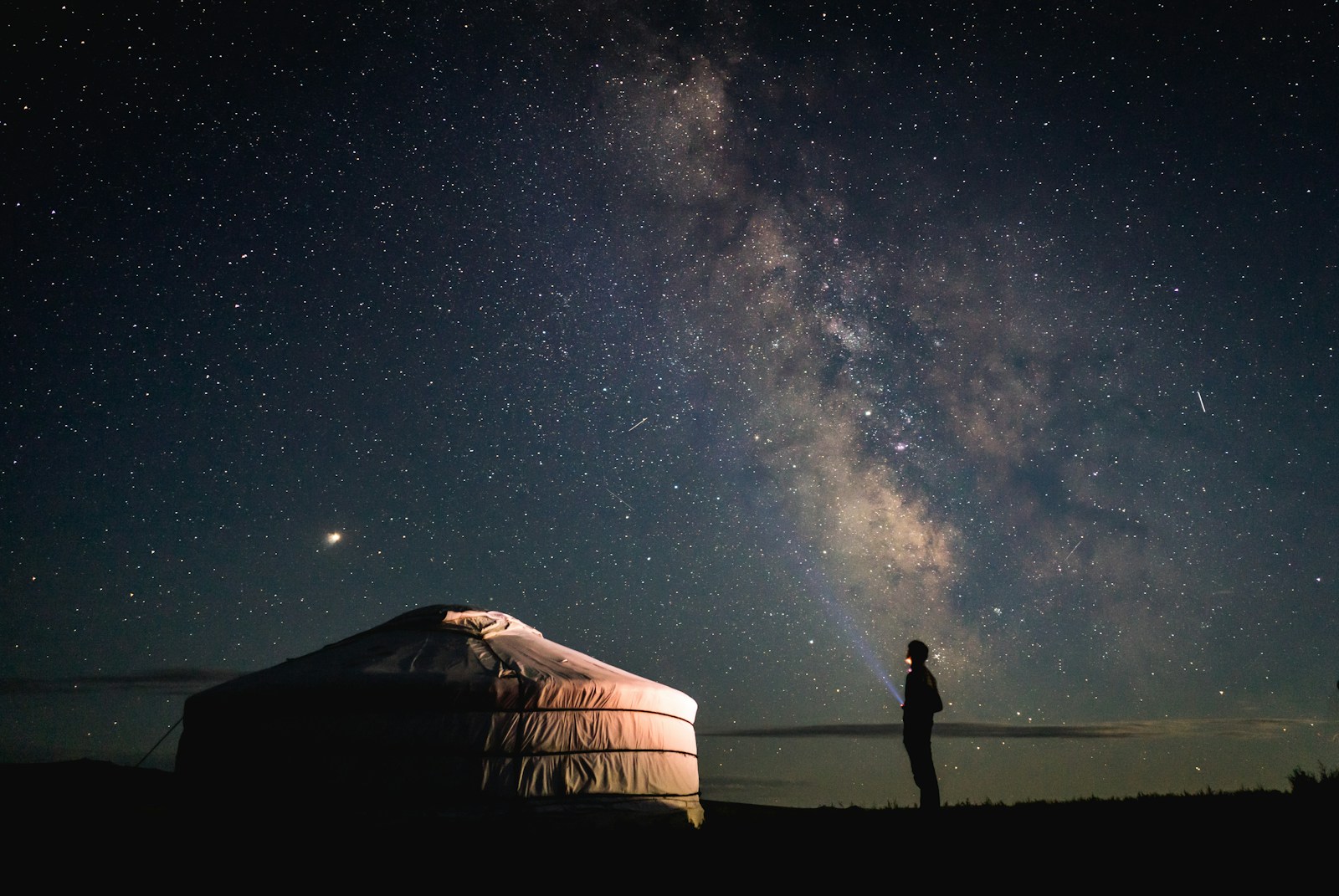
You’ve read a whole lot about safety concerns in Mongolia, particularly what to anticipate when taking in the vibrant nightlife and how to navigate public transportation like a local. But now, let’s delve into the preparatory phase. How exactly can you gear up for a safe and memorable trip to Mongolia?
Traveling Checklist for Mongolia
First thing on the checklist: get a sturdy, reliable guidebook. A dependable guidebook can get you orientated and help you understand the norms, traditions, and customs of Mongolia. Pack your bags with essential items such as sunscreen, anti-bacterial wipes, and travel sized toiletries.
Remember, available supplies in Mongolia may be different from your home country. It’s best to bring along basics and pack everything in a secure, lockable bag. Have photocopies of your passport, visa, and important travel documents on hand and ensure you’ve got travel insurance that covers health and theft.
Weather and Travel Advisories in Mongolia
The weather in Mongolia can be unpredictable. Mongolian winters are harsh and can dip below freezing, while summer can see temperature soaring above 100 degrees Fahrenheit. Dressing in layers is your best bet to combat volatile weather conditions.
Be mindful of travel advisories. Keep track of latest updates on the country’s political climate, any health outbreaks, or severe weather warnings. The U.S. Department of State and the Centers for Disease Control and Prevention are reliable sources for such information.
Safety Tips for Solo Travelers
If you’re a solo traveler heading to Mongolia, safety should be your top priority. Always make someone back home aware of your travel itinerary and stay connected with them throughout your stay.
Avoid venturing out alone after dark, particularly in Ulaanbaatar where few streets are well-lit. Take only authorized taxis and never hitch a ride with strangers. If going on a guided tour or activity, always ensure you’re dealing with a reputable operator. Never share confidential information with people you’ve only just met.
The importance of staying vigilant, trusting your instincts, and being prepared cannot be overstated when it comes to ensuring a safe and enjoyable trip to Mongolia.
Conclusion: Is Mangolia Safe to Travel in 2024?
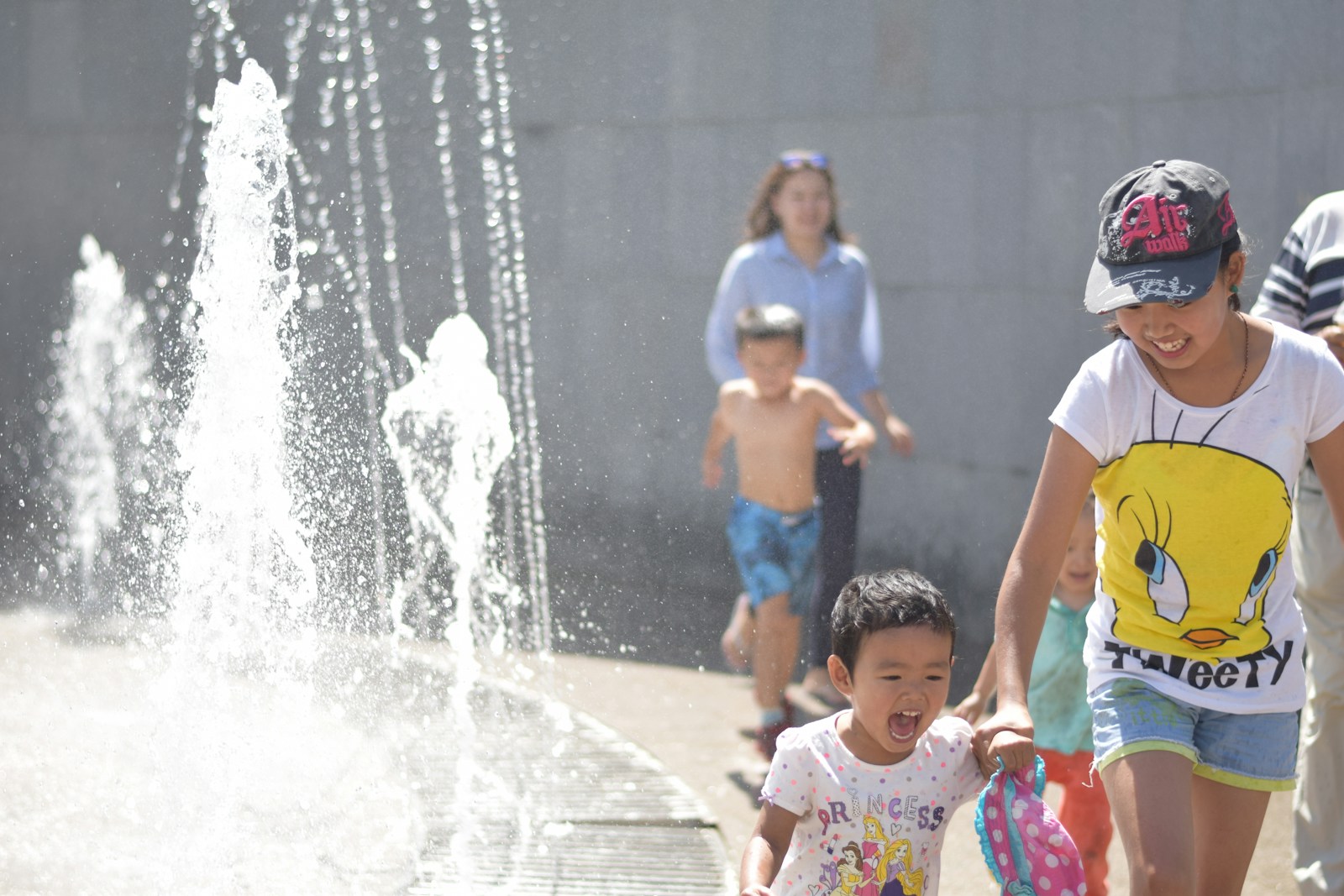
Yes, Mongolia is safe to travel in 2024. But like any travel destination, you should be prepared and informed. Don’t forget to respect local customs and be wary of common tourist scams. Your safety during nightlife and public transportation is crucial. Solo travelers, remember to stay connected, avoid going out alone after dark and always trust your instincts. Keep an eye on weather and travel advisories as well. With the right preparation and mindfulness, you’ll be set for a safe and unforgettable journey to Mongolia. So pack your bags, keep these safety tips in mind, and embark on a thrilling adventure to the land of the eternal blue sky.
Frequently Asked Questions
Is Mongolia safe for tourists?
Yes, Mongolia is generally safe for tourists, but like in any other country, it is crucial to be aware of your surroundings and exercise caution, especially during the night.
What precautions should I take when out at night in Mongolia?
In Mongolia, it’s important to stay cautious and avoid secluded areas after dark. Stick around in places that are well-lit and spotted with people for safety.
Is public transportation in Mongolia safe to use?
Public transportation in Mongolia is relatively safe but do note that sometimes it can get crowded. Keep an eye on your personal belongings to avoid theft.
What are some scams to be aware of in Mongolia?
Common scams in Mongolia often involve overcharging, pickpocketing, and fraudulent tour operators. Always research and choose trusted service providers for a secure journey.
What should I include in my travel checklist for Mongolia?
Your checklist should include necessary travel documents, appropriate clothing for Mongolia’s weather, personal essentials, a map, essential medications, and contact information of your country’s embassy.
What considerations should solo travelers keep in mind when visiting Mongolia?
Solo travelers should keep themselves connected with friends, family or their embassy. Avoid going out alone after dark and trust your instincts if something doesn’t feel right.
Should I be wary of the weather in Mongolia during my trip?
Yes, Mongolia’s weather can vary greatly, so it’s important to check for reports and advisories regarding the weather conditions expected during your stay. Be ready to adjust your plans if necessary.


